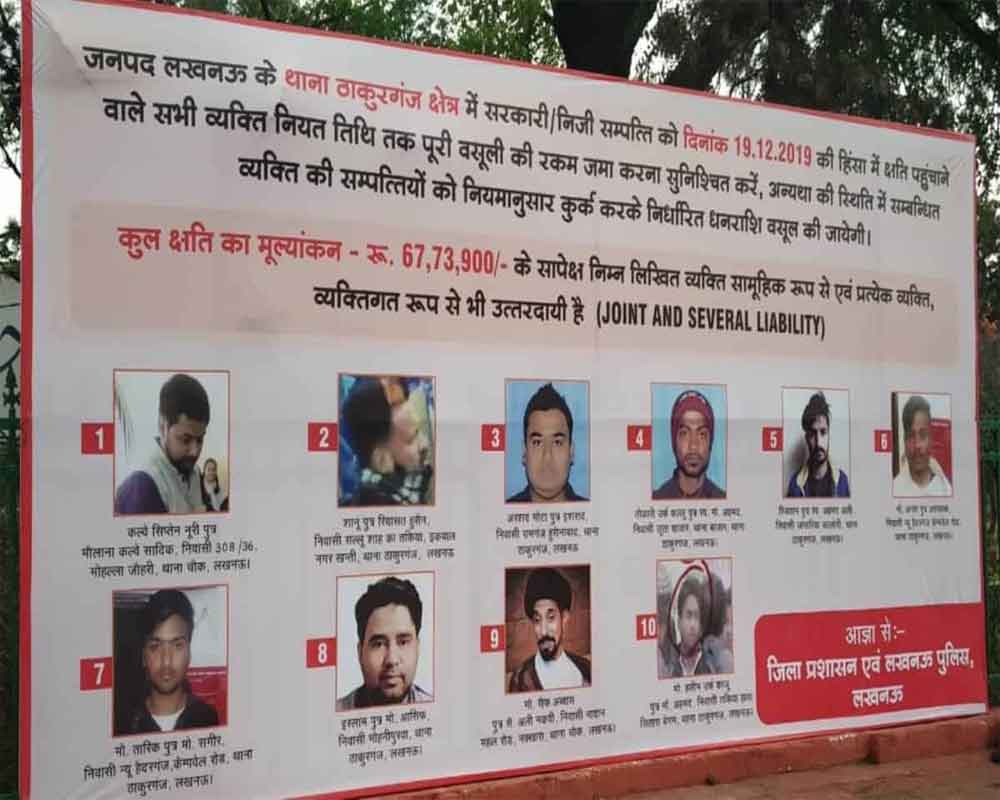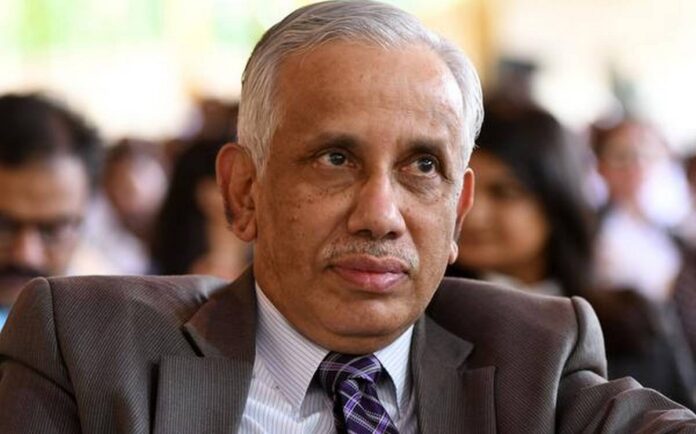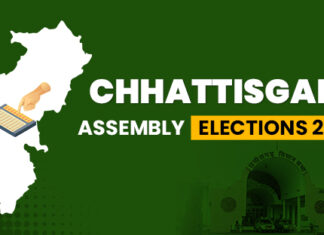Justice Abdul Nazeer, is not only one of the judges with longest term at the Supreme Court (SC) of India but also the one, only 3rd in the history of SC, who was elevated to the highest court in 2017 (to retire on October 20, 2023) without being chief justice of any High Court.
On December 26, 2021, he addressed the 16th National Council Meeting of the Akhil Bhartiya Adhivakta Parishad (ABAP) at Hyderabad on the theme of ‘Decolonisation of the Indian Legal System’. His participation in this event was surprising in many respects. It was an organizational meeting of one of the appendages of RSS. According to a Hindi publication of RSS [Parm Vaibhav ke Path Per, 1997] ABAP was created in 1992 to work for moulding the Indian judicial system according to “Bhartiya culture…to suggest amendments in the Indian Constitution… [and] amendment in Article 30”. It is to be noted that according to RSS Bhartiya culture is Hindu culture only. The Indian constitution needs to be discarded as according to the most prominent ideologue of the RSS, MS Golwalkar [Bunch of Thoughts], “it has absolutely nothing which can be called our own”. It stands for removal of Article 30 of the constitution which provides minorities right to establish and administer educational institutions.
It is interesting to note that ABAP on its website did not reproduce the text of the address of the Justice for reasons known to them only but thanks to a prominent legal portal (LiveLaw.in) the whole text was made available. Justice Nazeer deliberating on the theme declared that Indian legal system was a colonial legal system which “is not suitable for the Indian population. The need of the hour is the Indianisation of the legal system”.
What he meant by Indianisation of the Indian legal system was made clear by the following utterances of his:
“We must go back in time to the ancient Indian Scriptures to get a true and correct picture of the legal system of ancient India. It is then that we discovered that ancient Indian jurisprudence was founded on the basis of the rule of law and had some of the features that were immensely revolutionary for the ancient world.”
He lamented the fact that the Indian legal system continued to neglect the great knowledge of the “legal traditions as per Manu, Kautilya, Katyayana, Brihaspati, Narad, Yagyavalkya and other legal giants of ancient India” which resulted in “adherence to colonial legal system” that proved to be “detrimental to the goals of our Constitution and against our national interest”.
According to him “Despite such a rich tradition of highly sophisticated pre-existing legal system which was prevalent in India, foreign legal systems were imposed upon us with every invasion [he means Arabs] and occupation” [by the British] and it is lamentable and “tragic that the same colonial legal system is being continued in a large and changed manner even today in 2021”
Justice fondly remembered Manu who prescribed “public censure as one of the punishments for crime”. It is immensely sad that a legal luminary gracing the SC Bench is glorifying public shaming as a form of punishment. He completely disregarded the fact that public censure was and is in vogue in totalitarian regimes which leads to witch-hunting [both in literal and macro sense] and lynching. In fact, Allahabad High Court in a judgment [March 2020] declared naming and shaming of CAA protestors by Adityanath government as “nothing but an unwarranted interference in privacy of people” and violation of Article 21.

He also praised Kautilya and his work Arthashastra for upholding the concept of a welfare state in which “the happiness of his subjects lies the King’s happiness; in their welfare his welfare…”
For Justice Nazeer the present legal system which propelled him to reach to the highest court of justice of India suffered from “Colonial psyche” which led to rejecting the ancient Indian legal system in which
5. “the king was himself subject to the law…The judges were independent and subject only to the law…disputes were decided essentially in accordance with the same principles of natural justice which govern the judicial process in the modern state today”.
In order to know the truth we need to compare above stated claims by Justice Nazeer with the original writings of two of his favourite ancient Indian legal luminaries, Manu and Kautilya (also known as Chanakya and Vishnugupta).























